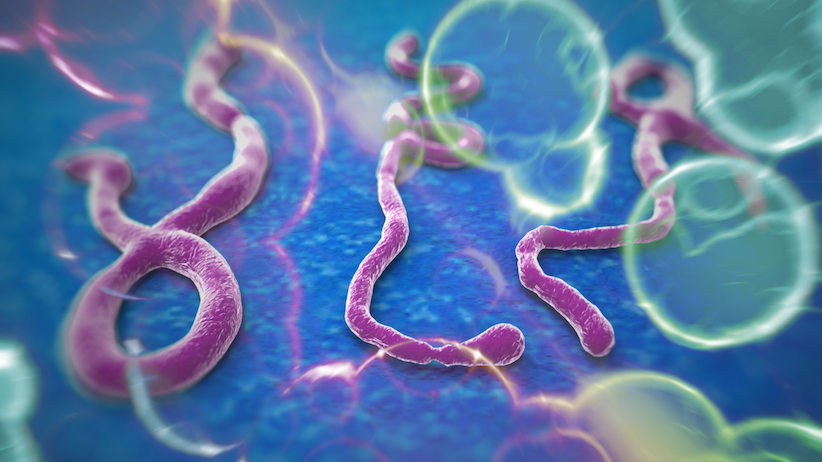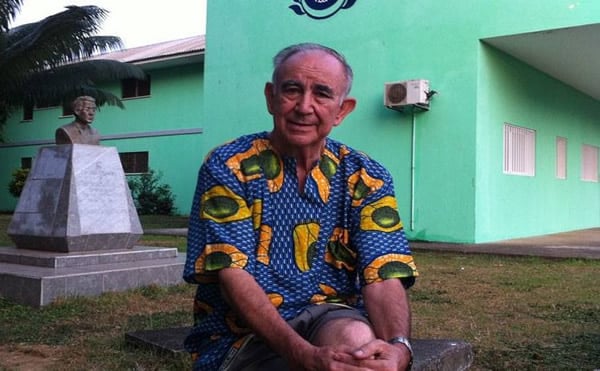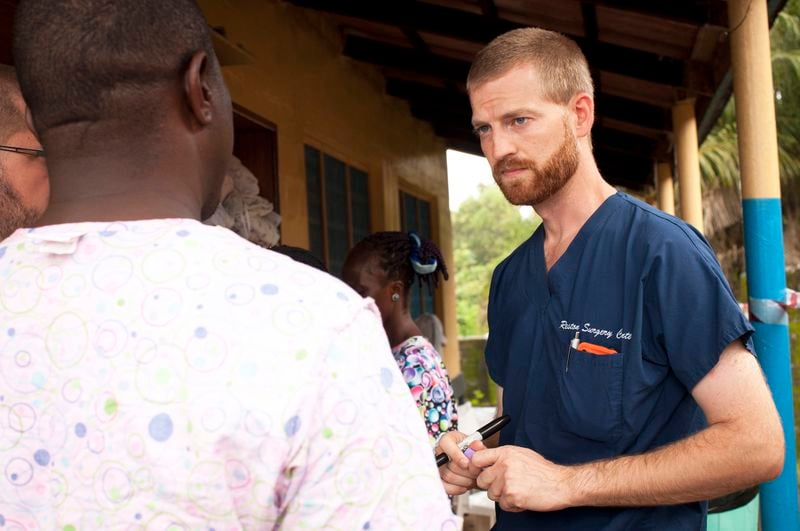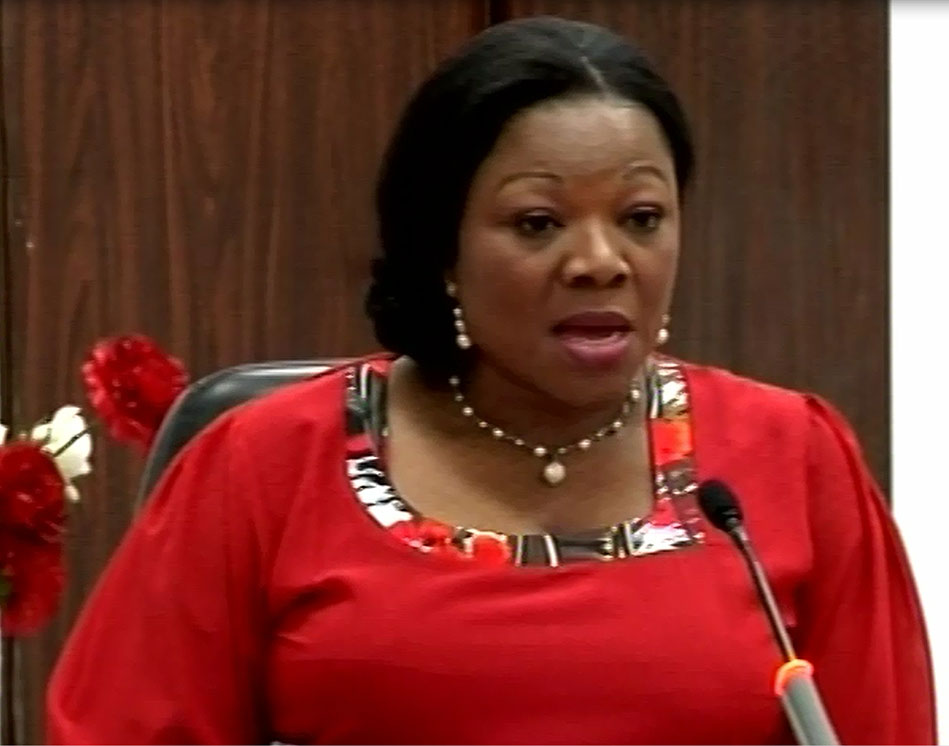7. DEFINITIVE DETECTION IS BY LABORATORY TESTS
Correct diagnosis of Ebola virus requires series of laboratory tests. WHO categorises samples taken from patients as “an extreme biohazard risk” and states that testing should be conducted under “maximum biological containment conditions”.
Some of the tests are:
Advertisement
- antibody-capture enzyme-linked immunosorbent assay (ELISA)
- antigen detection tests
- serum neutralisation test
- reverse transcriptase polymerase chain reaction (RT-PCR) assay
- electron microscopy
- virus isolation by cell culture






